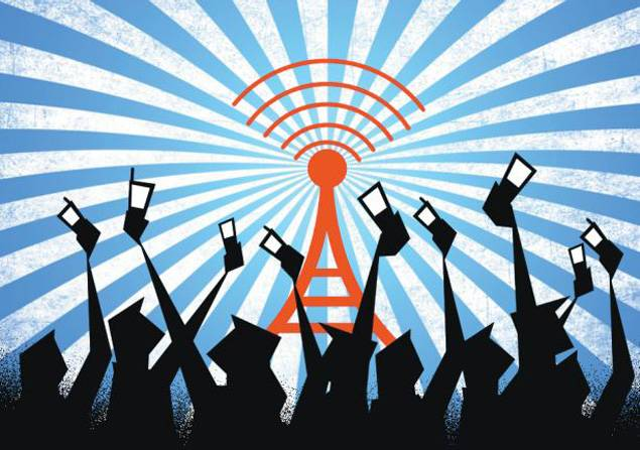
How does internet access improve lives in developing countries?
Internet access can help to improve access to information, opportunities, and services, and can contribute to the overall well-being and development of communities in developing countries. Five examples include:
- Education: Internet access can provide people in developing countries with access to a wealth of educational resources, including online courses, educational videos, and other materials. This can help to improve the quality of education and expand opportunities for learning, especially for people in remote or underserved areas.
- Employment: Internet access can help people in developing countries to find and apply for jobs, as well as connect with potential employers and clients. It can also enable people to start and run their own businesses, providing a source of income and economic opportunities.
- Healthcare: Internet access can provide access to health information and resources, including telemedicine services, which can improve access to healthcare and lead to better health outcomes.
- Communication: Internet access can help people to stay connected with friends and family, and to access news and information from around the world. It can also facilitate the exchange of ideas and facilitate collaboration with others.
- Political participation: Internet access can provide a platform for people to engage in political discourse and participate in the democratic process, helping to promote transparency and accountability in governance.
Apply Now: $300,000 for Early-Stage Social Impact Organizations
2.8 billion people still live on less than $2 per day and critical gaps persist in healthcare, education, and digital access across the Global South. Yet early-stage...
Are We Connecting Communities to 3G Student Learning Failure?
I’ve spent years advocating for digital inclusion, arguing that Internet access is fundamental to closing development gaps. But new research from the University...
People, Not Technology, are Bridges Across Digital Divides
Deep digital divides exist in India’s Assam tea plantations, where nearly 7 million Adivasi workers labor daily. These tribal communities live in stark poverty.
Dismissed...
Bridging Digital Divides: Connecting Communities on the Margins
I am Manisha Aryal. I am advising the Digital Empowerment Foundation on technology. Recently, I found myself in the rugged mountains of Uttarakhand, India — a...
Bridging the Digital Divide in Rural Peru with Long-Distance WiFi
In the Santiago River Basin of Peru’s Amazonas region, an ambitious initiative is underway to bridge the digital divide and bring reliable internet connectivity...
Apply Now: $200,000 for Internet Freedom Funding
Everyone has the right to freedom of opinion, expression, and the press, including the right to seek, receive, and impart information without interference through...
Mobile Broadband Internet Access is Proven to Reduce Poverty – Again!
A few years ago, MIT, Georgetown, and the GSMA proved that mobile money can lift women out of poverty. Then we learned that mobile broadband Internet access reduces...
How We Can Use Independent Digital Connectivity to Close the Gender Digital Divide
The persistent gender divide in digital capabilities remains a critical barrier to inclusive economic development in low- and middle-income countries (LMICs). “Engendering...
We Must Bring Digital Literacy to Remote Communities
In the dense foliage of the Amazon rainforest, the Marubo tribe, a remote indigenous community, recently witnessed a monumental change: the arrival of Starlink...
Why OpenRAN is a Strategic Imperative for International Development Programs
The global digital divide remains a critical barrier to inclusive development in low- and middle-income countries (LMICs). Access to affordable, reliable internet...











